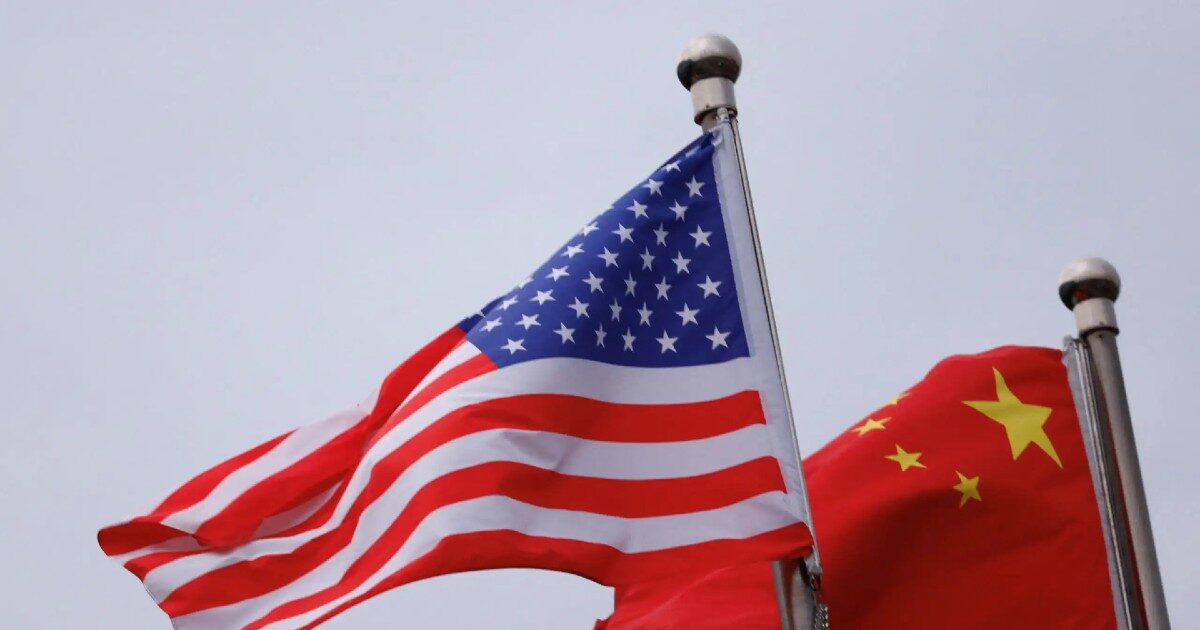The US-China Temporary Agreement last Sunday to reduce the dictatorial In the meantime trade in relation to the extreme levels formed in April was accepted with enthusiasm by international markets.
Investors have seen the deal on duties as a positive development that reduces uncertainty and damage to the world’s two largest economies and overall for the world economy and markets.
The shares accelerated their recovery, with the MSCI world index significantly exceeding its level on April 2, when Trump had announced the “reciprocal” duties for almost all countries.
Markets, of course, usually have a tendency to optimism, ignoring risks, with the most recent example being the frantic shares rally after Trump’s election, although it has been known since then that the main pillar of his policy would be aggressive tariff policy. With the Geneva Agreement -which was sealed by US Finance Minister Scott Bessed and Chinese Vice -President Hen Lifeng -the complete collapse of bilateral trade was avoided, as 145% duties (on the US side) or 125% (on the part of China). A few weeks with the duties on these astronomical levels were enough to rest the business climate in both of these major economies, which have a high degree of interconnection.
Investors were encouraged by the largest of the expected reduction in the duties provided by the agreement for a 90 -day deal, during which a more permanent solution will be sought. Washington will impose a 30% duties for this time on most imports from China (the 10% key rate implemented since April 2 for almost all countries around the world and an additional 20% imposed by March as a punishment for drug fentanyl, with the US considering China). For its part, Beijing has limited duties to 10%, however, considering that Washington should lift the punishment for fentanyl, which it considers unsuccessful and unfair.
The impact on Chinese exports to the US with a 30% rate may not be prohibitive but will be important and there will be consequences for the European Union and other countries. The Chinese economy has learned to rely on exports and its businesses will try, thanks to their high competitiveness, to sell their products in Europe, exerting significant pressure on its productive base. In Brussels they believe that this is a very likely potential and alert so they need to take measures, tariffs or others that will support the European industry.
Last year, the EU imposed customs duties on Chinese electric cars to stop their expansion and support the European automaker, but exports of Chinese hybrid and conventional cars increased. Chinese exports to the EU increased 8.3% in April on a yearly basis, while 21% decreased 21% to the US due to duties. At the same time, China’s imports from the EU decreased 16.5% in April. China’s surplus in the trade balance with the EU increased to 90 billion record level. dollars in the first quarter of 2025.
To return to the US-China trade, the question is whether there will be a permanent agreement in the next quarter that will consolidate the Geneva Provisional Agreement or if we have other tariff rates after the expiry of the three-month suspension.
Source: RES-EIA
